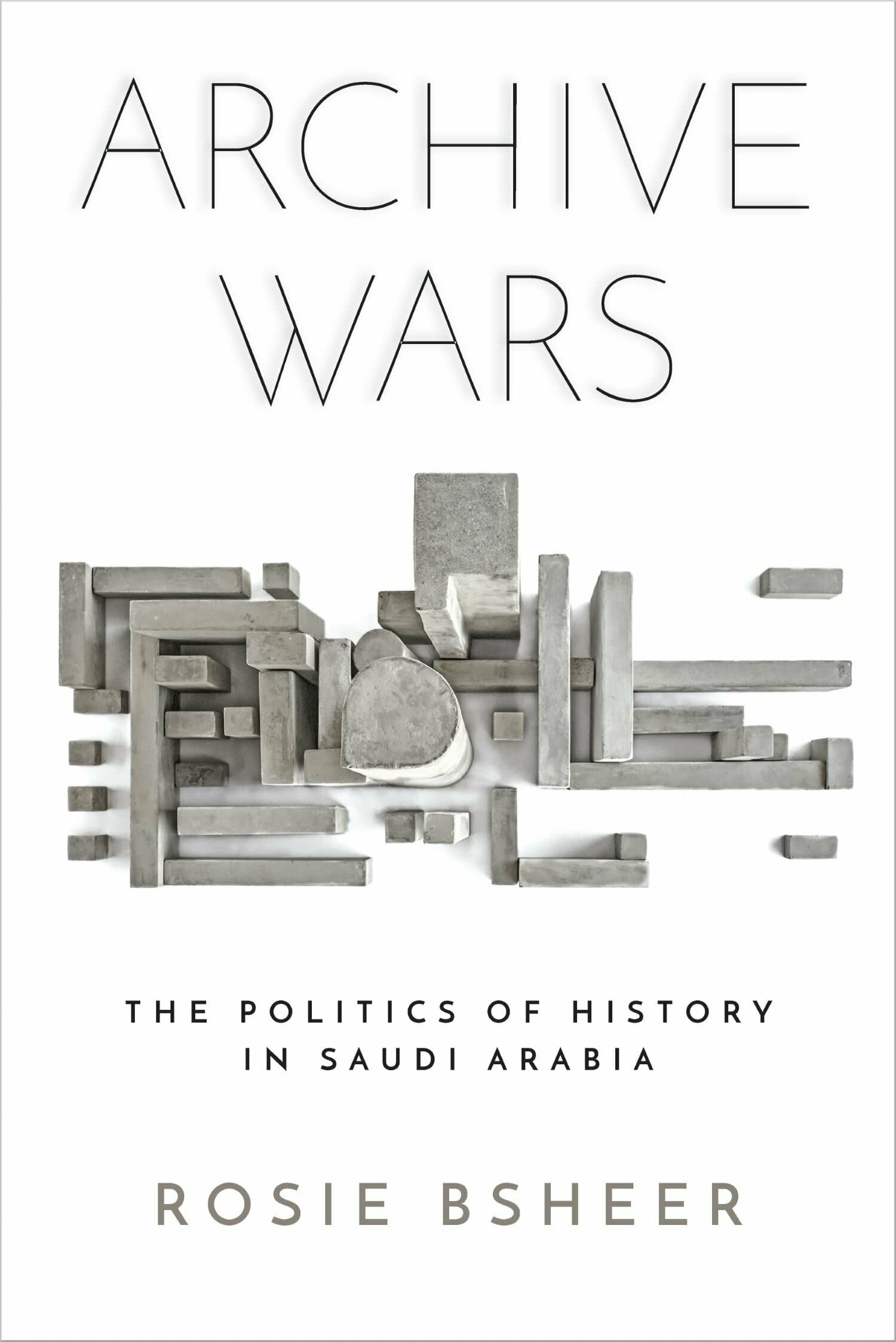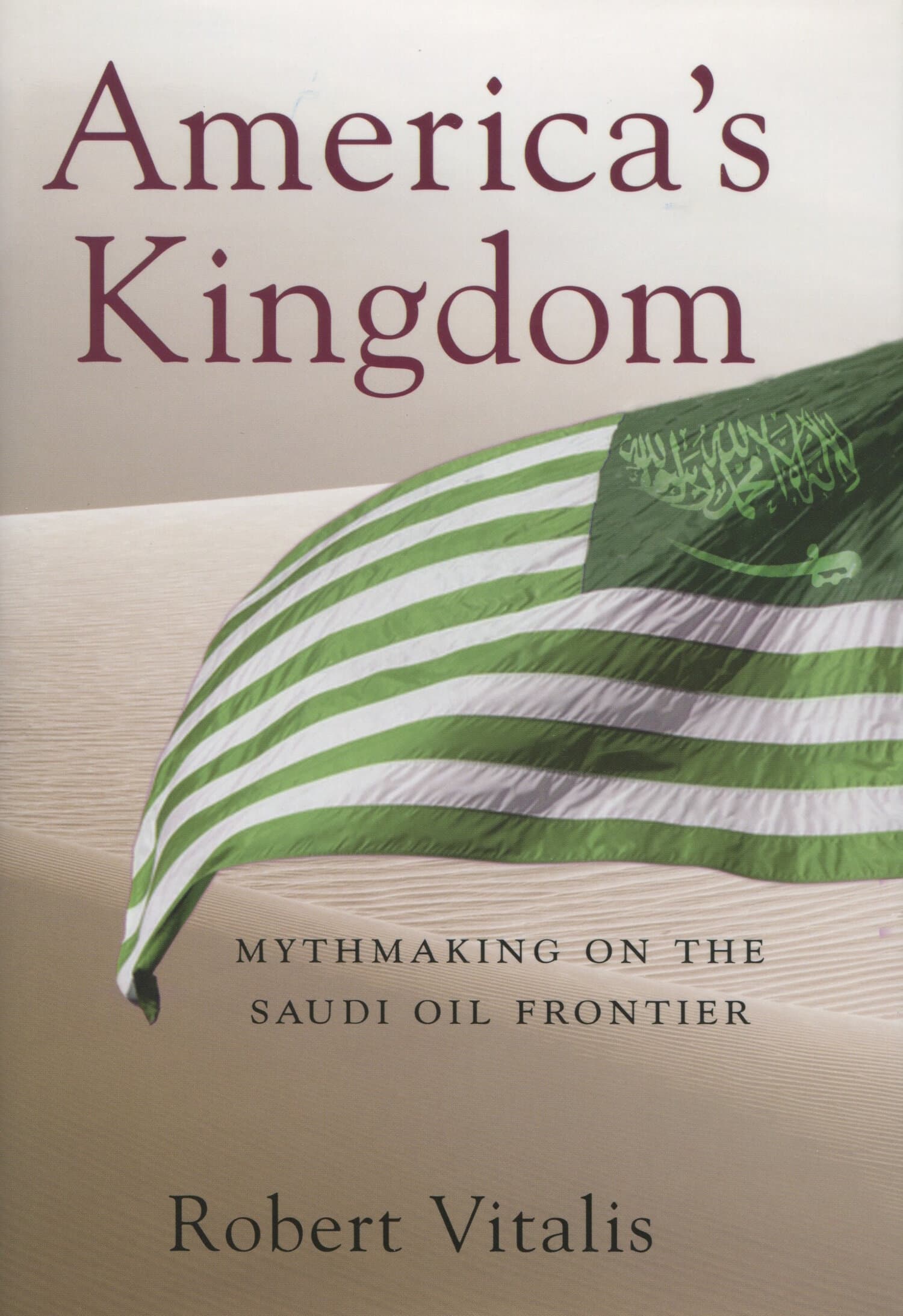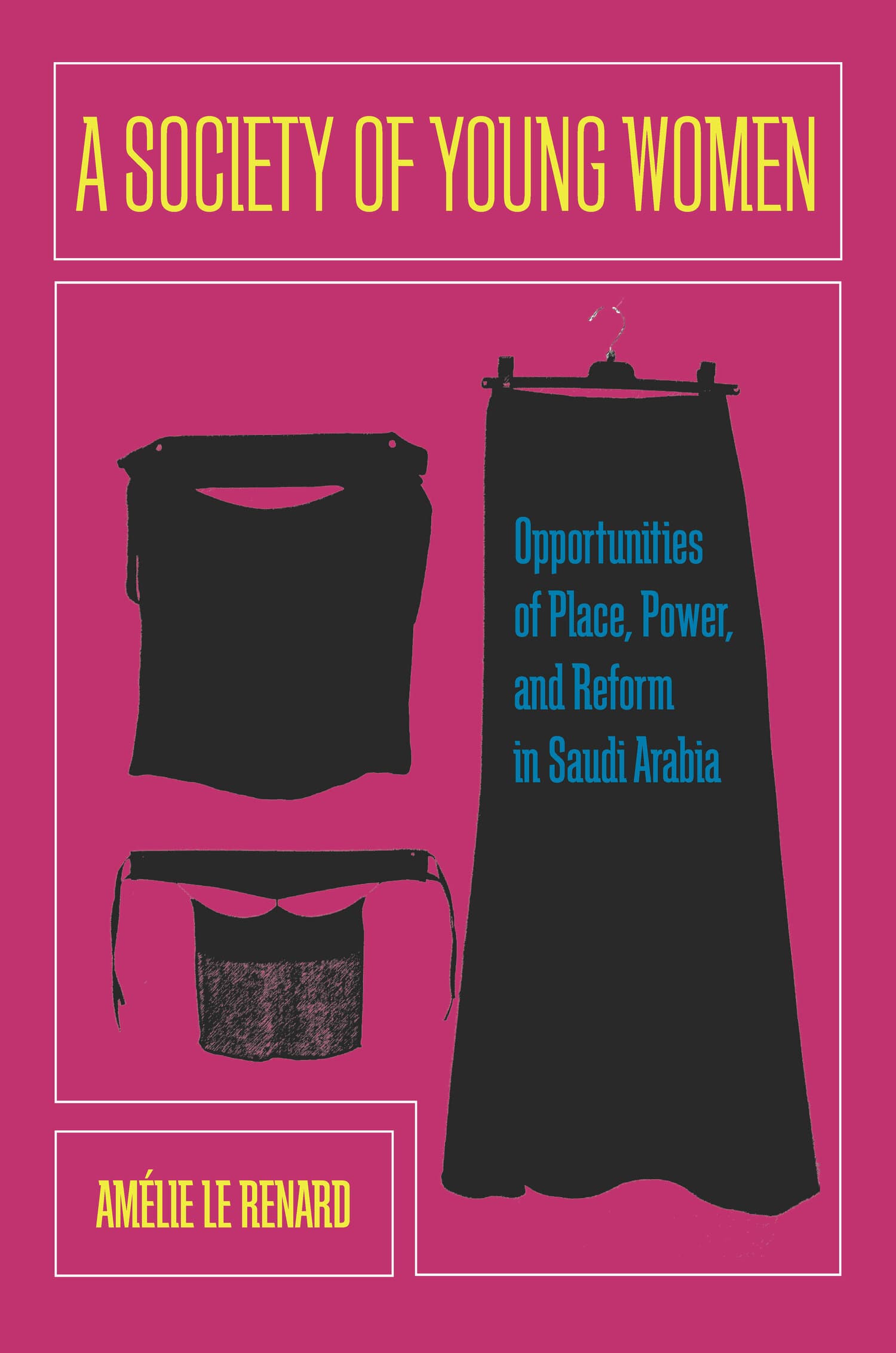Archive Wars
Award Winner
2021: Choice Award for Outstanding Academic Title
Winner of the 2021 Choice Award for Outstanding Academic Title, sponsored by the American Library Association.2021: AGAPS Biennial Book Award
Winner of the 2021 AGAPS Biennial Book Award, sponsored by The Association for Gulf and Arabian Peninsula Studies (AGAPS).2021: Foreign Affairs Best Book of the Year
Named a 2021 Best Book of the Year (Middle East Category) by Foreign Affairs.

The production of history is premised on the selective erasure of certain pasts and the artifacts that stand witness to them. From the elision of archival documents to the demolition of sacred and secular spaces, each act of destruction is also an act of state building. Following the 1991 Gulf War, political elites in Saudi Arabia pursued these dual projects of historical commemoration and state formation with greater fervor to enforce their postwar vision for state, nation, and economy. Seeing Islamist movements as the leading threat to state power, they sought to de-center religion from educational, cultural, and spatial policies.
With this book, Rosie Bsheer explores the increasing secularization of the postwar Saudi state and how it manifested in assembling a national archive and reordering urban space in Riyadh and Mecca. The elites' project was rife with ironies: in Riyadh, they employed world-renowned experts to fashion an imagined history, while at the same time in Mecca they were overseeing the obliteration of a thousand-year-old topography and its replacement with commercial megaprojects. Archive Wars shows how the Saudi state's response to the challenges of the Gulf War served to historicize a national space, territorialize a national history, and ultimately refract both through new modes of capital accumulation.
"Archive Wars explores with conceptual brilliance and historical aplomb the various forms of historical erasure central not just to the Kingdom of Saudi Arabia but to all modern states. In a finely-grained analysis, Rosie Bsheer rethinks the significance of archives, historicism, capital accumulation, and the remaking of the built environment. A must-read for all historians concerned with the materiality of modern state formation."—Omnia El Shakry, University of California, Davis, author of The Great Social Laboratory: Subjects of Knowledge in Colonial and Postcolonial Egypt
"Archive Wars is an instant classic. With incredible insight, creativity, and courage, Rosie Bsheer peels away the political and institutional barriers that have so long mystified others seeking to understand Saudi Arabia. Bsheer tells us remarkable new things about the exercise and meaning of power in today's Saudi Arabia."—Toby Jones, Rutgers University, author of Desert Kingdom: How Oil and Water Forged Modern Saudi Arabia
"Rosie Bsheer's Archive Wars is one of those extraordinary projects that explodes fictions of so many kinds about archives and state power. This masterful and meticulous book is testimony to the visceral violences that underwrite legal and archival mandates, the bedrock of the massive inequalities that plague our collective worlds now more than ever. Bsheer offers us a reading of the wars that rage in—and over—modern archives, showing that they are not modern because they are unmarred by the destruction of records, but because they are constituted by ever bolder techniques of erasure."—Ann Stoler, The New School for Social Research, author of Duress: Imperial Durabilities in Our Times
"Archive Wars is a much-needed and in many ways revelatory addition to our understanding of Saudi history and politics. On a personal level, I found the work to be an absolute delight to read and one that has challenged the way I look at Saudi politics. Despite being a vital country in the Middle East, there are few good texts on the kingdom. Archive Wars will stimulate better and more critical scholarship. It changes the way we think about the relationship between archives, heritage, and political power in the region, and beyond."—Middle East Monitor
"[A] must-read for anybody interested in modern Saudi Arabia. Whether you are looking for insights into the ambitions of kings or into the lives of ordinary people, it is essential to know how historical information is kept and erased. Beyond that, I recommend Bsheer's work to anybody studying the creation of archives and heritage elsewhere in the Middle East and globally."—Jörg Matthias Determann, Journal of Social History
"By dissecting competing and complicated relationships between and among the Saudi state and elites, Bsheer presents a compelling portrait of the state's forceful consolidation of an acceptable historical narrative, showcasing the Saudi state's attempts to elide any historical documents or physical traces that do not corroborate the sanctioned story of the rise of Al Saud... [T]he book's depictions of urban transformations are essential for understanding the nature of power in Saudi Arabia today."—Kathryn King, Journal of Arabian Studies
"This book is an intelligent, subtle, and learned treatment of the efforts by the Saudi Arabian monarchy to construct and disseminate a historical narrative that will legitimize its rule. Bsheer precisely and elegantly describes the regime's attempts, across the reigns of several kings, to both collect and suppress documentation about the country's past."—Lisa Anderson, Foreign Affairs
"We find in Rosie Bsheer's book a skillful combination of topics and a stimulating engagement with the politics of history. Archive Wars deserves close reading, especially as it engages with a notoriously challenging country to frame, thanks to the author's unique access to the kingdom, her use of Saudi academic scholarship, and the books theoretical intervention in the political science of the Middle East and North Africa."—Idriss Jebari, Canadian Journal of History
"This book substantially reworks existing knowledge of Saudi Arabia—the making of the state, the legitimization of its power, and the centrality of diverse history-making projects in these projects. Drawing on rich ethnographic and archival work, the author convincingly argues that the ruling regime has been engaged in a project of re-writing Saudi history since the 1990s. Central to these history-making projects has been the 'archive wars' and efforts to centralize archival sources, as well as re-making the built environment through urban planning and development.Sophisticated and engaging and politically bold."—Committee for the Nikki Keddie Book Award, sponsored by the Middle East Studies Association
"Rosie Bsheer'sArchive Warsis a forceful and inspiring reminder of what superb and unflinching scholarship and writing can do. Based on exciting fieldwork,Archive Wars examines the erasing and building of history in Saudi Arabia. It is one of those rare books that focuses our attention – without hesitation – on the broader stakes and processes of modern state formation while detailing the contingencies and tensions of power. It exposes with clarity and precision links between political-economy, state power, and the materiality of documents and the built environment. Attempts to erase and rewrite the past in Saudi Arabia will have to contend with Rosie Bsheer's archive.—Committee for the AGAPS Biennial Book Award




